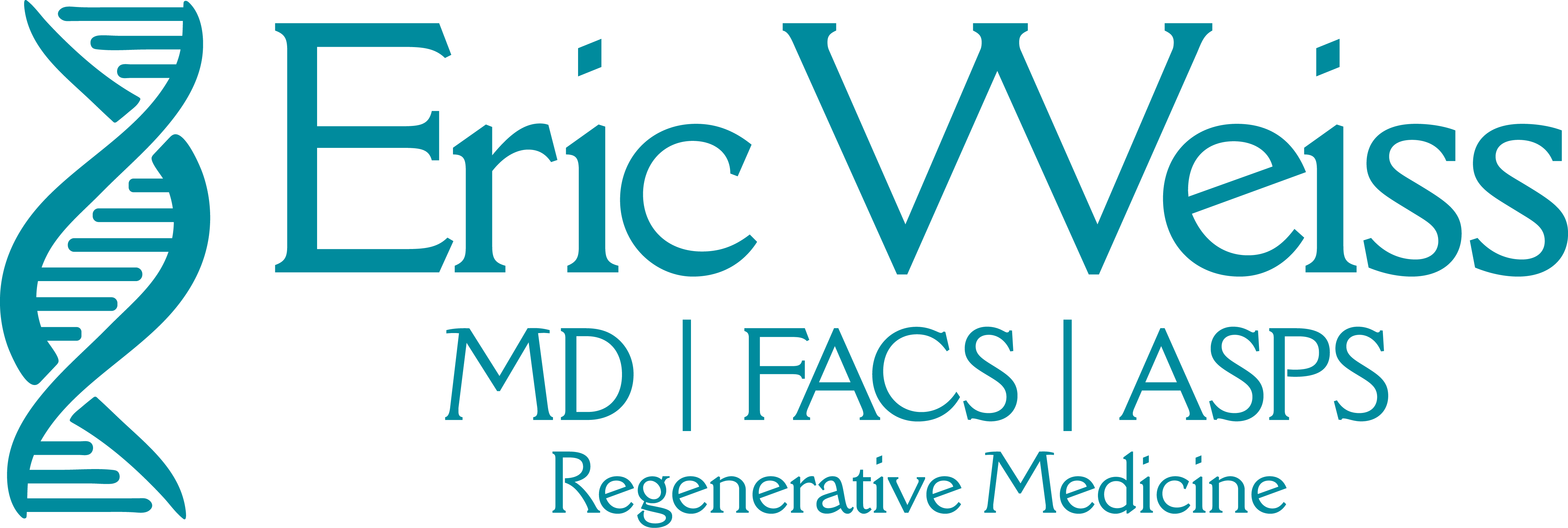Stem Cell Therapy for Alzheimer’s Disease
Alzheimer’s disease is a complex, multifactorial neurodegenerative condition that has long posed challenges for effective treatment. Traditional approaches have largely focused on targeting beta-amyloid plaques and neurofibrillary tangles, which are hallmark features of the disease. However, recent research points to a deeper underlying cause: chronic inflammation in the brain.
The Role of Inflammation in Alzheimer’s
Emerging evidence suggests that a persistent pro-inflammatory state plays a critical role in the progression of Alzheimer’s disease. Studies have found elevated levels of inflammatory cytokines surrounding the amyloid plaques and tau tangles. In addition, many patients show signs of impaired vascular function—reduced blood flow and damaged vessels—which further accelerates cognitive decline.
How Stem Cells May Help
Mesenchymal stem cells (MSCs), found in umbilical cord blood and tissue, offer a promising therapeutic option. These cells have anti-inflammatory, pro-vascular, and regenerative properties that may address multiple aspects of the disease simultaneously.
When introduced into the body, MSCs:
- Migrate to areas of inflammation in the brain
- Release cytokines, growth factors, and exosomes—powerful molecules that support healing
- Help reduce inflammation, improve blood vessel function, and promote neural repair
Early Research and Clinical Potential
- Preclinical studies (animal models) have shown that stem cell therapy can improve cognitive function in Alzheimer’s disease.
- Early human trials report reduced brain inflammation and reversal of some imaging findings associated with the disease.
These findings support the idea that early intervention is key. Stem cells appear most effective in the early stages of Alzheimer’s, when inflammation can still be reversed and cells are more likely to recover.
In my clinical experience and review of the research, I believe umbilical cord stem cells may be critical in the early phases of Alzheimer’s. While not a guaranteed benefit for every patient, this therapy may offer the most comprehensive approach we have to date to fight this devastating disease.
Dr. Eric Weiss
